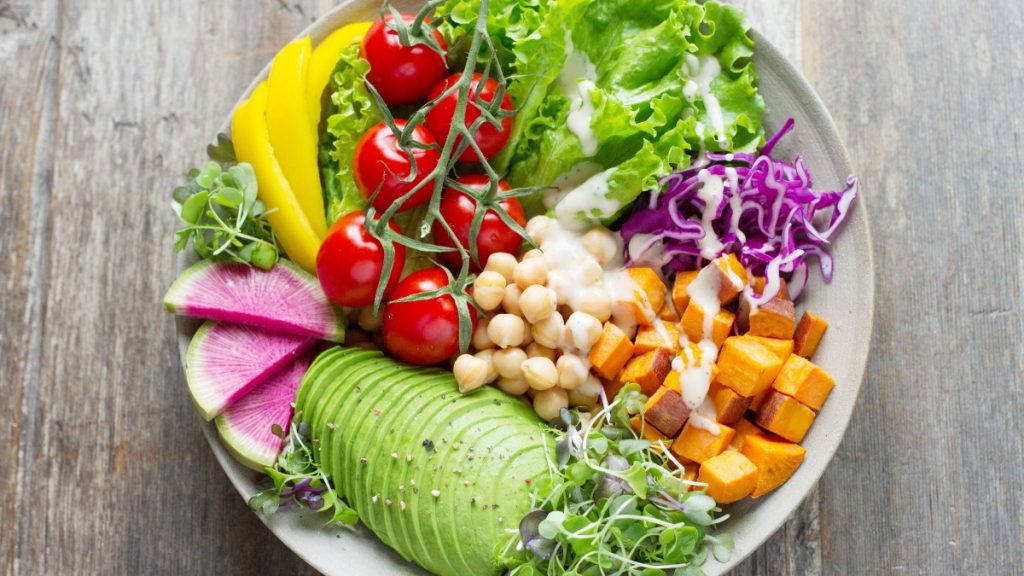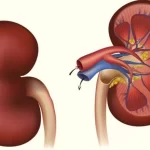A nutrition plan for pregnancy and exercising regularly during pregnancy are very important for you and your growing baby. This will give you a good weight gain, help your baby grow, your baby will gain weight and your blood pressure will be under control. Eating a variety of foods gives you nutrients that stimulate your baby’s growth and keep you fresh. You should eat a nutrition plan for pregnancy regularly. Let’s know about the nutrition plan for pregnancy.
Why is important for a Nutrition plan for pregnancy?
Your nutrition plan for pregnancy helps support your well-being and supplies the nutrition your baby needs for growth and development.
As a general guide, expectant mothers need to eat a nutrition plan for pregnancy, high in nutrients and low in sugar, salt, and saturated fat.
It is common for an expectant mother to gain weight, but be aware that gaining too much or too little weight increases the risk of complications for you and your baby.
Healthy weight gain depends on the weight of the mother before pregnancy. The evidence uses body mass index (BMI) as a guide for how much weight gain is recommended during pregnancy.
A balanced diet is usually enough to meet your nutritional needs during pregnancy. However, some foods have high concentrations of certain nutrients that are especially recommended during pregnancy.
Folate, iron, iodine, and vitamin D are nutrients that are essential for the health and development of a growing baby and can prevent certain conditions. If you are planning a pregnancy, you should start taking a folic acid supplement at least one month before becoming pregnant and for 3 months after conception. Folic acid supplements have been proven to help protect against neural tube defects.
If you are taking or currently considering taking a supplement, please discuss this with your doctor or midwife, as the dosage may vary depending on your situation.
What is a nutrition plan for pregnancy?
A nutrition plan for pregnancy includes a variety of nutritious foods from the five food groups. It is also advised to drink plenty of water to stay hydrated.
- Whole grains and cereals
- Vegetables and legumes/beans
- Eggs, fish, nuts, and seeds as well as legumes or beans
- fruit
- Dairy foods, including mostly low-fat milk, cheese, and yogurt
Most of us have days when we eat well and days when our intake of ‘treat’ foods can be high. Pregnancy cravings can also make it harder to manage, especially when they are for foods that are high in sugar, salt, or fat.
If you suffer from morning sickness or severe vomiting during pregnancy, it is important what you can eat at that time. If you are concerned about anything, you should contact your doctor or midwife.
What are pregnancy cravings?
It was believed that cravings during pregnancy were a sign of nutritional deficiencies in the expectant mother’s diet; however, there is no evidence to support this link. Pregnancy can also cause a change in the mother’s taste, and foods that once seemed appealing can taste completely different. In part due to hormonal influences, aversion to food may develop during pregnancy.
Which foods should be avoided during pregnancy?
Certain foods should be avoided during pregnancy, as they are prone to specific bacteria or parasites. Infection with listeria, salmonella, or toxoplasmosis while pregnant can cause serious complications for your baby and increase the risk of pregnancy loss.
Certain types of fish contain high levels of mercury, including shark/flake, marlin or broadbill/swordfish, orange rhubarb, and catfish. It is important to be selective about what type of fish to eat during pregnancy.
It is also important to check ‘use-by’ dates and ensure that food has been stored correctly. If there is doubt about the safety of a particular food, the safest option is to not eat it.
Do I need to cook food differently when pregnant?
It is important to be careful about food preparation and safety during pregnancy. Food poisoning is usually caused by the contamination of food with certain bacteria or viruses. Sometimes it is easy to suspect that food has been contaminated because it smells ‘off’ or looks different from what it should. But it’s not always clear that food may not be safe. When preparing food, you should always:
- Defrost frozen meat, especially poultry, in the fridge or microwave.
- Keep your mind to always wash your hands properly before preparing and eating food.
- Always use separate cutting boards for vegetables and meat.
- Wash the bench, cutting boards, and utensils with hot water and soap.
- Change dishcloths frequently – if they smell, it’s a sign of contamination.
- Cook food thoroughly and do not eat raw or ‘rare’ meat or fish.
- Heat the food item to at least 60°C until it is hot enough.
What drink can add to a nutrition plan for pregnancy?
During pregnancy, The safest drink is only water and milk. Current evidence supports these recommendations that you should avoid drinking alcohol if you are pregnant or planning a pregnancy. Keep in mind that even small amounts of alcohol can harm a baby’s development and have lifelong effects.
It is considered safe to drink water and milk while pregnant. A small amount of juice, low-sugar soft drinks, and soda or mineral water are also good to drink. Similarly, small amounts of caffeine in tea and coffee are considered safe. During pregnancy and while breastfeeding, an intake of up to 200 mg per day is considered safe for the mother and her baby.
Approximate amounts of caffeine are found in this food and drinks.
- 1 cup instant coffee – 60mg
- 1 shot of espresso coffee – 100 mg
- 375ml Can of Cola – 49mg
- 250ml Can of Energy Drink – 80mg
- 100g Milk Chocolate – 20mg
- 1 cup plunger coffee – 80mg
- 1 cup tea – 30mg
What foods should I limit during pregnancy?
Processed foods are high in sugar, fat, and salt. Although they may taste good and are often convenient, they do not meet daily requirements for nutrition. According to the Australian Dietary Guidelines during pregnancy, you should limit the number of foods that contain added salt, saturated fat, and sugars as well as alcohol.
What are the recommended servings during pregnancy?
During pregnancy, you’ll need extra energy and need more servings from the five food groups. It is important to understand that the ‘serving size’ does not change, rather the variety of meals and servings increases per day to meet the needs of mother and baby.
| Food Group | Serves per day |
| Vegetables and legumes/beans, | 5 |
| Fruit | 2 |
| Grains and cereals, mostly wholegrain and/or high-fiber cereals | 8 |
| Lean meat/fish/poultry/eggs/tofu/nuts | 3.5 |
| Milk/dairy foods | 3.5 |
Source
- Alcohol during pregnancy and lactation.
- Folic acid/folate and pregnancy.
- Foods to eat or avoid while pregnant.
- Healthy eating during pregnancy poster.
- Healthy food for gestational diabetes.
- Healthy eating while you are pregnant or breastfeeding.
- Australian guide to healthy eating.
- Food and nutrition in pregnancy.






